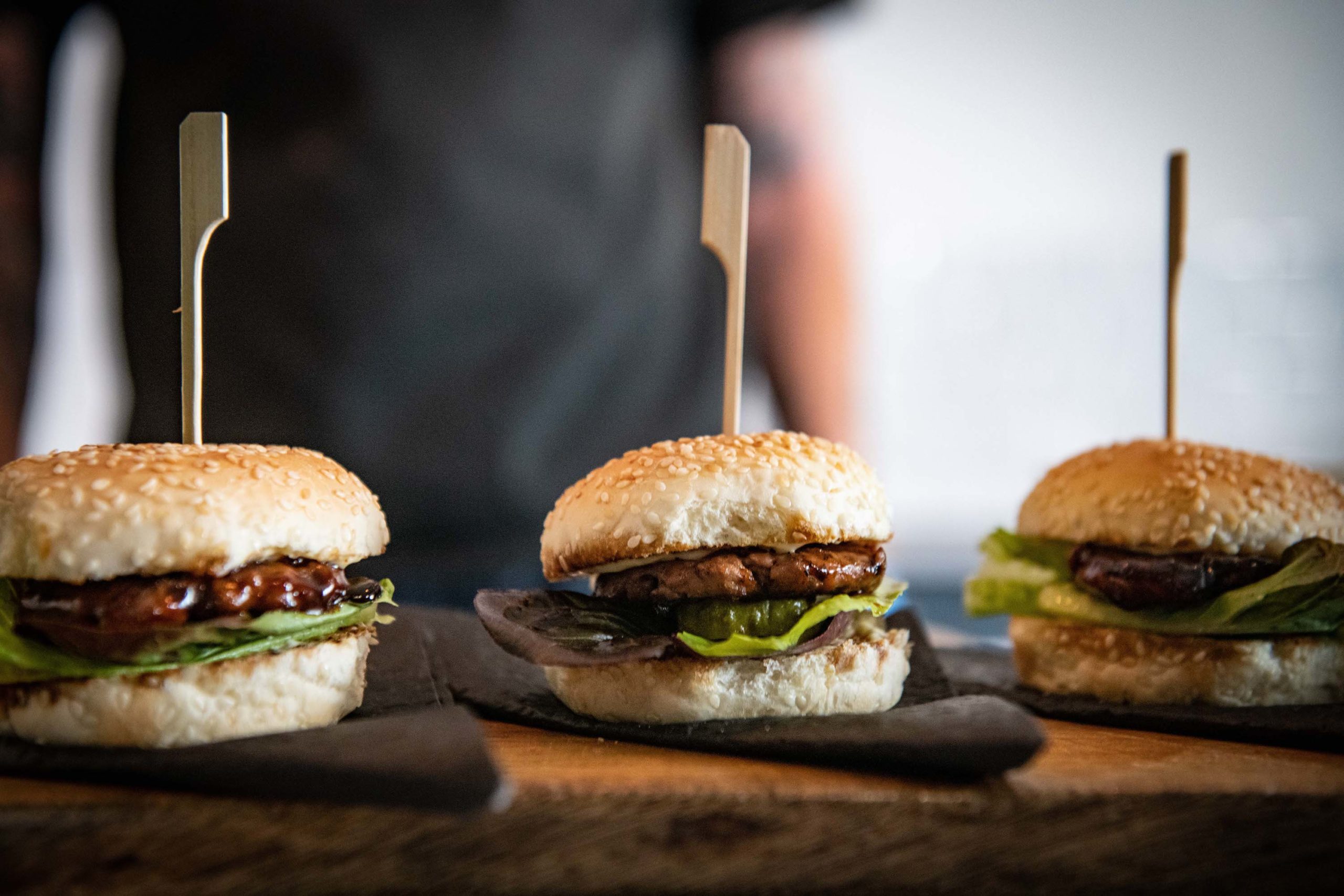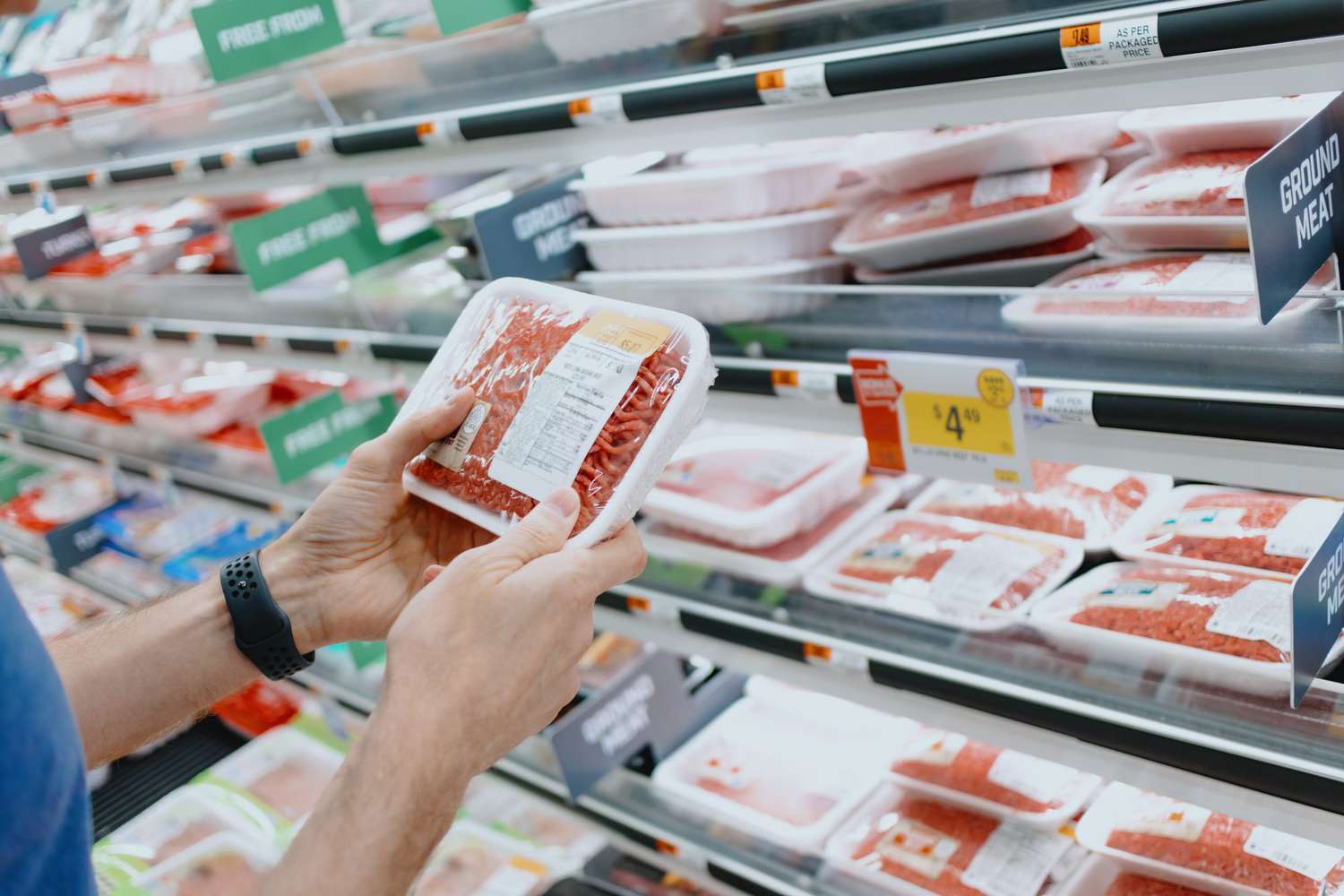Quotes from AgFunderNews, August 7, 2024
Aqua Cultured Foods: Revolutionizing Alternative Seafood with Low-Capex Innovation
Aqua Cultured Foods made its debut with a bold vision to carve out a unique space in the alternative seafood market. Leveraging cutting-edge technology and innovative production methods, the company initially utilized a solid-state fermentation process based on fungi to create whole-cut seafood alternatives. These products were not only clean-label but also economically efficient, minimizing both capital and operational expenditures.
As the company continues to evolve, Aqua Cultured Foods has strategically transitioned to a cellulose-centric production method. This shift reflects a commitment to maintaining affordability while scaling operations, ensuring that the company can offer competitive pricing even at the pilot scale. Brittany Chibe, co-founder and CEO of Aqua Cultured Foods, emphasizes that this approach allows the company to keep costs in check from the outset, enabling its products to compete with traditional seafood in terms of both quality and price.
Aqua Cultured Foods’ innovative methods underscore its dedication to producing sustainable, high-quality seafood alternatives without the hefty capital investments typically associated with large-scale production. By focusing on low-capex strategies, the company is able to reduce financial barriers to entry, making it easier to scale up and bring its products to market more rapidly.
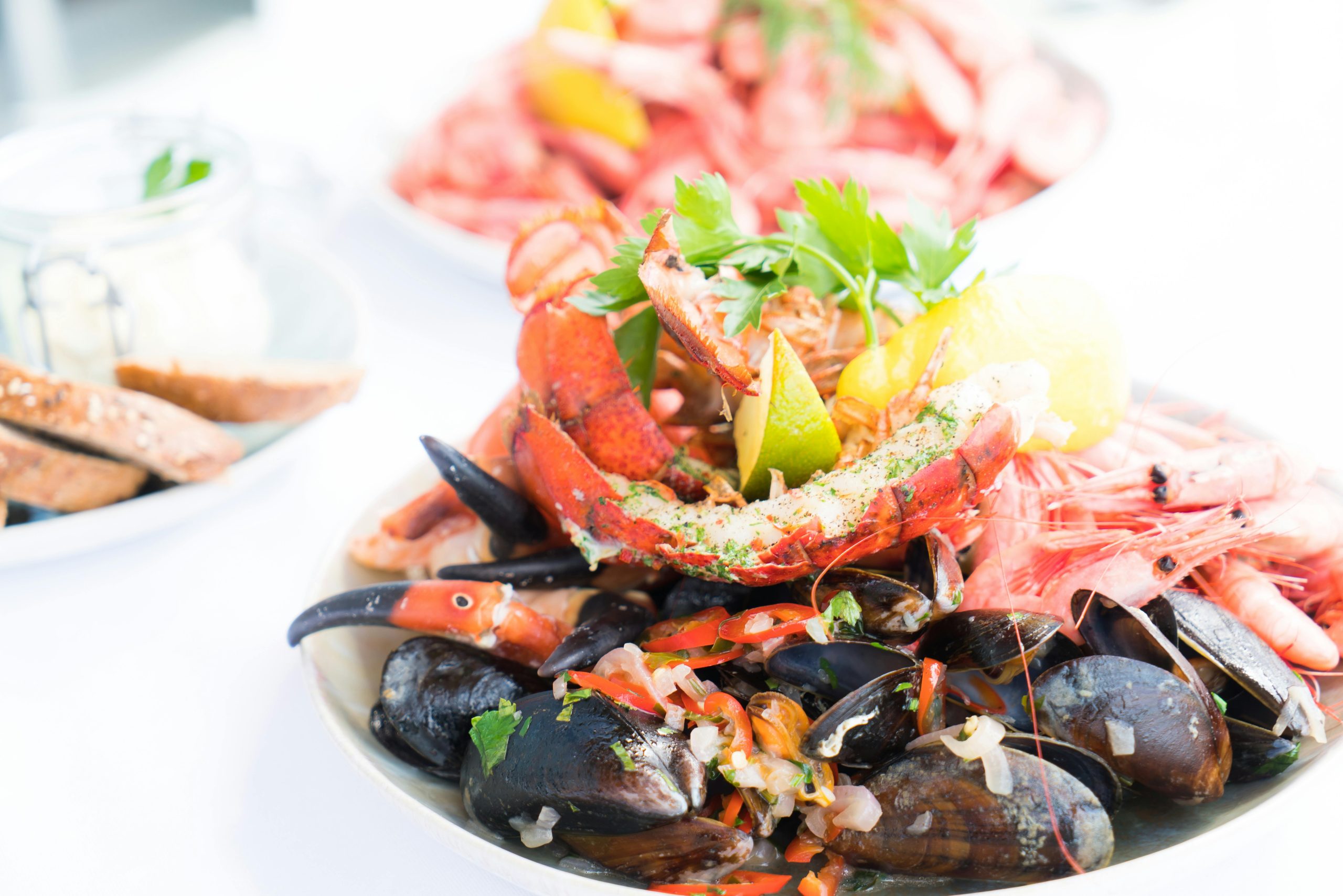
Scaling Sustainability: Aqua Cultured Foods’ Path to Market Leadership
The cellulose-centric approach adopted by Aqua Cultured Foods is a testament to the company’s commitment to sustainability and cost-efficiency. By minimizing the need for expensive infrastructure and equipment, this method reduces both the initial and ongoing costs of production. This is particularly important as the alternative seafood industry matures, where cost competitiveness will play a crucial role in widespread adoption.
Aqua Cultured Foods’ ability to produce affordable, clean-label seafood alternatives at a pilot scale demonstrates the potential for significant impact in the global seafood market. The company’s products not only address the growing consumer demand for sustainable protein sources but also offer a viable solution to overfishing and environmental degradation associated with traditional seafood harvesting.
As Aqua Cultured Foods continues to refine its production processes and expand its product lineup, the company is well-positioned to lead the charge in the alternative seafood sector. By maintaining a focus on low-capex innovation, Aqua Cultured Foods is setting a new standard for what is possible in the realm of sustainable food production, paving the way for a future where alternative seafood is accessible, affordable, and environmentally responsible.
Aqua Cultured Foods: Pioneering a New Era in Seafood Sustainability
Aqua Cultured Foods is not just producing alternative seafood; it is redefining how food production can be both economically viable and environmentally responsible. The company’s innovative use of a cellulose-centric production method is a game-changer, enabling the creation of high-quality, whole-cut seafood alternatives without the need for the substantial capital investments that often hinder scaling in the food tech industry.
This approach is particularly significant given the current state of the global seafood industry. Traditional seafood production is fraught with challenges, from overfishing and ecosystem disruption to the rising costs associated with sustainable aquaculture. Aqua Cultured Foods’ technology offers a compelling solution to these issues by providing a sustainable, scalable alternative that does not compromise on taste or texture.
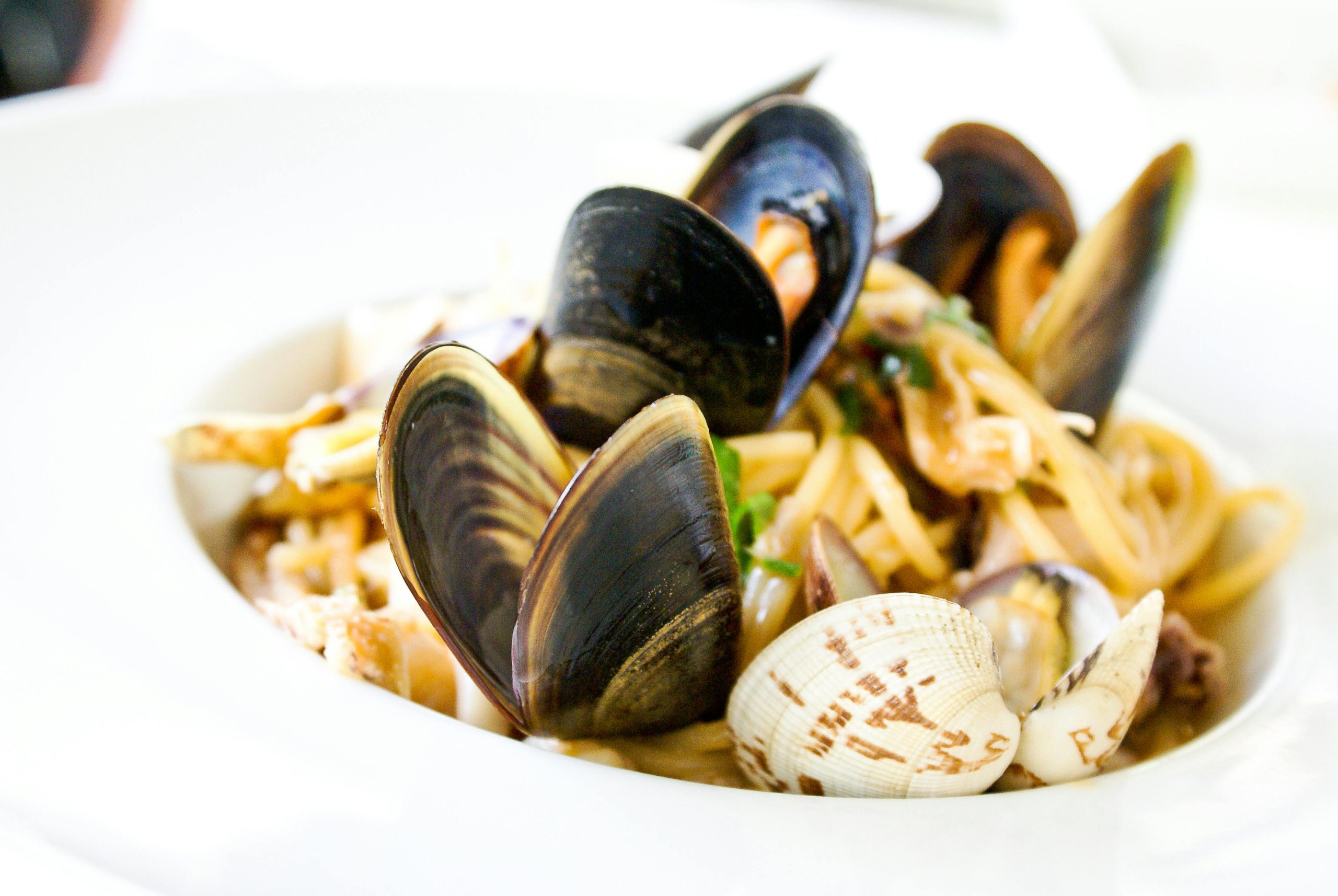
Building a Sustainable Future: Aqua Cultured Foods’ Strategic Vision
Looking ahead, Aqua Cultured Foods is poised to become a leader in the alternative seafood market, not only by innovating in product development but also by setting new benchmarks for sustainability and cost efficiency. The company’s strategic vision extends beyond mere product creation; it encompasses a holistic approach to reshaping the food system.
Aqua Cultured Foods’ products, designed to be both nutritionally rich and environmentally friendly, align with the growing consumer trend towards conscious eating. As more consumers seek out sustainable and ethical food options, the company’s commitment to affordability and scalability ensures that its products will be accessible to a broad audience, further driving the shift away from traditional seafood.
The company’s leadership, spearheaded by Brittany Chibe, is focused on pushing the boundaries of what alternative seafood can achieve. By maintaining a lean, low-capex production model, Aqua Cultured Foods is able to iterate quickly, respond to market demands, and scale its operations without the financial risks that typically accompany large-scale food production.
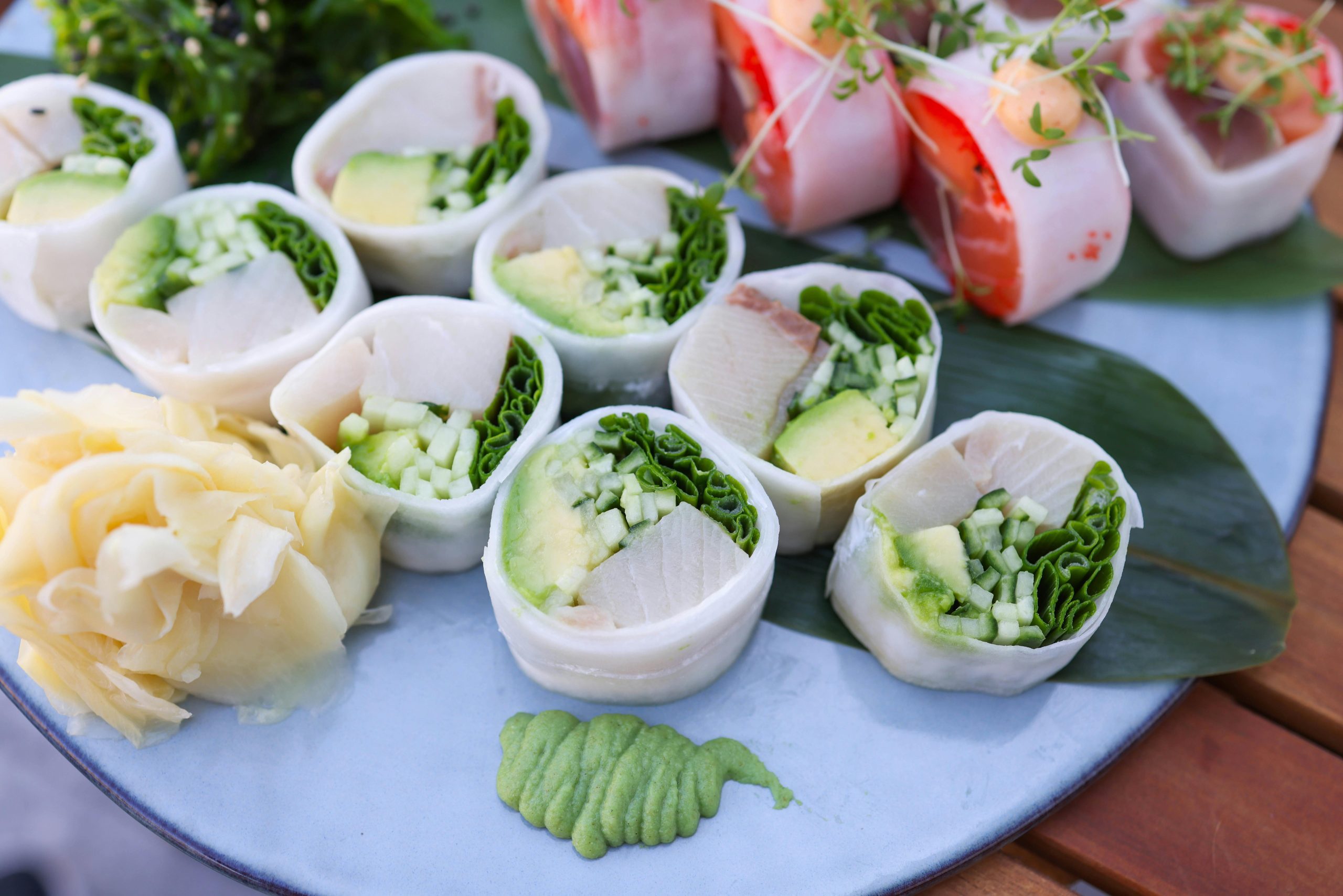
The Road Ahead: Expanding Impact and Innovation
As Aqua Cultured Foods continues to grow, it is exploring new avenues for product diversification and market expansion. The company is actively seeking partnerships with retailers, food service providers, and other stakeholders in the food industry to bring its innovative seafood alternatives to a wider market.
Furthermore, Aqua Cultured Foods is committed to ongoing research and development to enhance the nutritional profile of its products and explore new applications for its cellulose-centric production technology. This commitment to innovation ensures that the company will remain at the forefront of the alternative seafood industry, driving change and setting new standards for sustainable food production.
In conclusion, Aqua Cultured Foods is not just creating a product; it is pioneering a movement. Through its low-capex, sustainable approach to alternative seafood production, the company is making it possible for consumers to enjoy high-quality, ethical seafood without the environmental impact of traditional methods. As it continues to innovate and expand, Aqua Cultured Foods is poised to make a lasting impact on the global food system, leading the way toward a more sustainable and equitable future.







